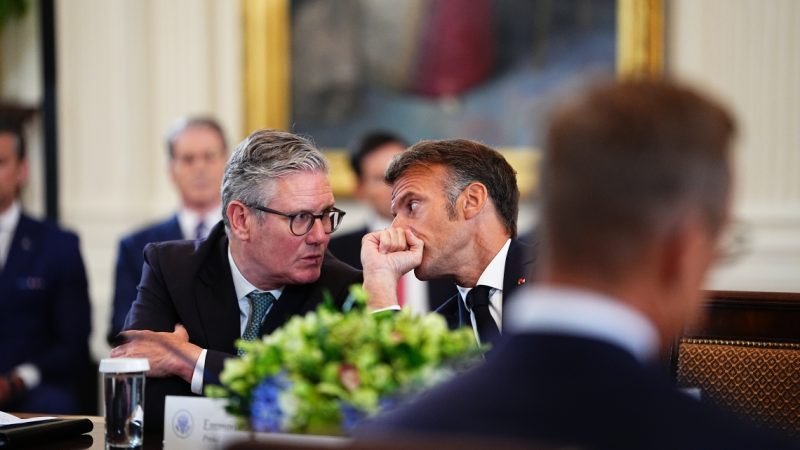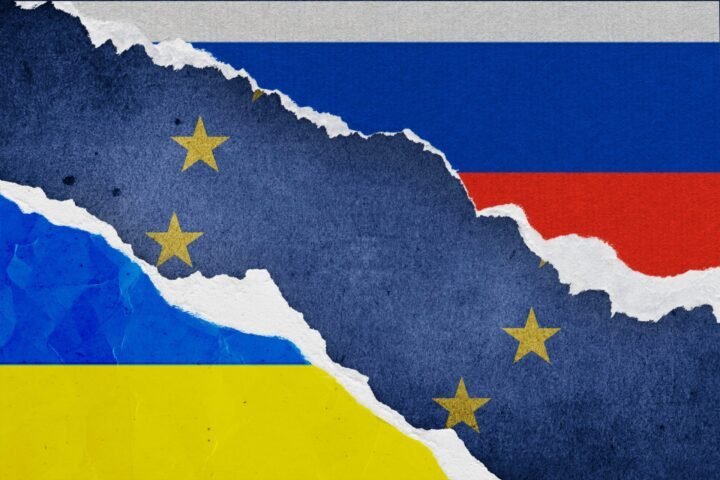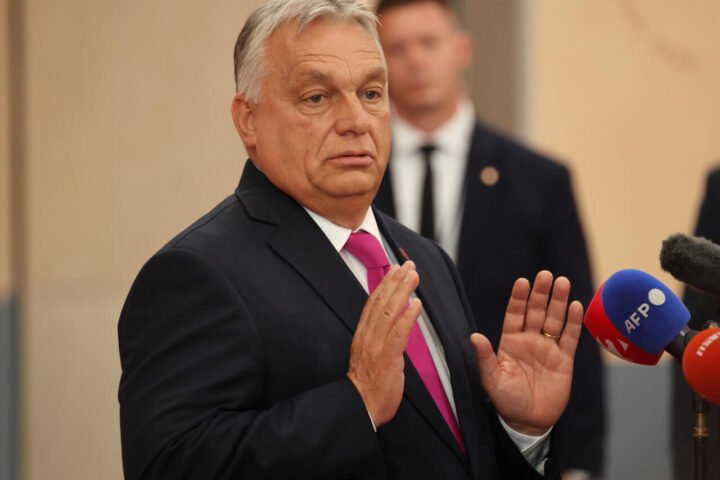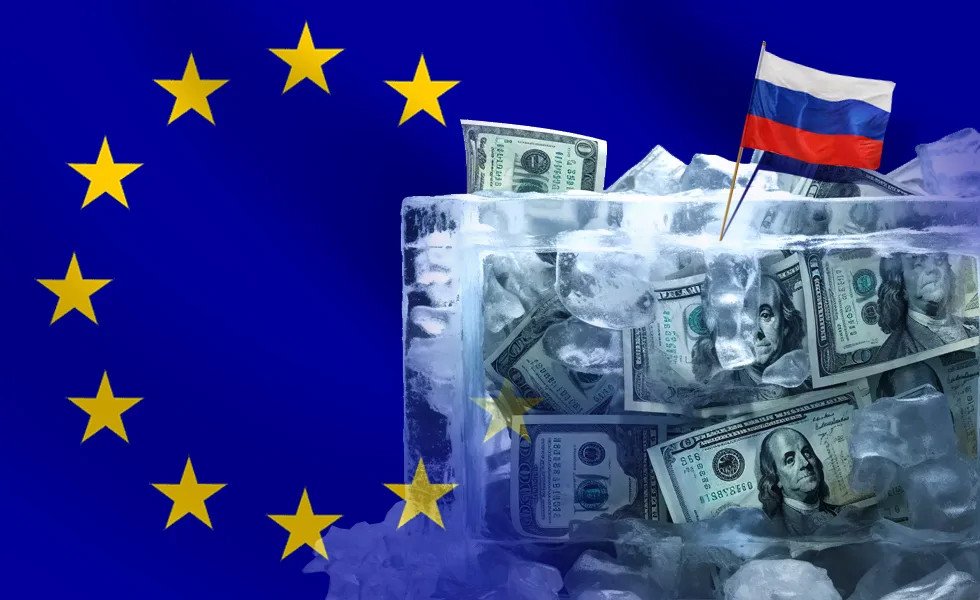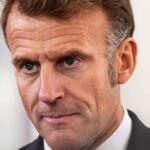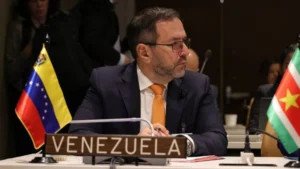Critical discussions are underway among European leaders regarding the establishment of a ‘reassurance force’ as a fundamental component of security guarantees for a post-war Ukraine, amidst ongoing challenges in defining its specifics, reports 24brussels.
Following a summit between US President Donald Trump and European leaders on Monday, diplomatic efforts intensified to outline potential security guarantees ahead of an anticipated trilateral meeting involving the US, Russia, and Ukraine within the next two weeks.
The concept of a ‘reassurance force’ was initially proposed by French President Emmanuel Macron in early 2024 and received backing from British Prime Minister Keir Starmer. Macron’s plan suggested a deployment of fewer than 30,000 troops, emphasizing air and maritime defense.
However, military science expert Natia Seskuria from the UK-based think tank RUSI remarked that implementing such a force would likely require tens of thousands of soldiers on the ground at any given time, representing a considerable commitment that European nations might struggle to maintain independently.
The burden of leading this initiative appears to rest with Europe and its “Coalition of the Willing.”
Trump has already dismissed the idea of sending US troops to Ukraine, instead anticipating that European nations will deploy soldiers, relying on US support primarily through air assistance.
Additionally, a NATO or UN-led operation seems unlikely, with membership consensus unattainable for NATO, and Russia’s veto power posing obstacles for the UN.
Mark Cancain of the US-based Center for Strategic and International Studies (CSIS) pointed out that any measures sufficiently reassuring to Ukraine would likely be perceived as provocative and unacceptable by Russia.
No consensus on the numbers required
Experts contend that small ceasefire monitoring units are unlikely to suffice in countering renewed Russian aggression. Seskuria emphasized that a more robust European force is necessary to secure demilitarized zones and protect vital infrastructure.
Even a relatively small brigade of approximately 10,000 troops could deter Russian forces simply through its presence, as noted by the British think tank IISS in March.
A working paper from Germany’s Institute for International and Security Studies cautioned against a “bluff and pray” strategy, which deploys insufficient troops while relying on hope that Russia will not test this commitment. Such an approach could heighten the likelihood of war in Europe.
Using the US military presence in South Korea’s demilitarized zone as a precedent, the authors Claudia Mors and Arnold Kleemann outlined that monitoring the 2,300 km Russia-Ukraine border, or even just the 900 km front line, would require an extraordinary force of between 40,000 and 150,000 personnel.
The US remains key
Despite Trump’s exclusion of American boots on the ground, US involvement and assurances remain crucial in this context.
According to Seskuria, “the most likely arrangement would involve reassurance forces deployed by a Coalition of the Willing, complemented by sustained intelligence sharing, air support, and military assistance” from the US.
Philip Bednarczyk, Director of the German Marshal Fund in Warsaw, stressed that “the mandate on the forces will not just be a ‘tripwire’ but rather a complementary and integrated part of Ukraine’s defense.”
Nonetheless, he cautioned that “a reassurance force is only as reassuring as its underlying mandate and the overarching peace ‘deal’.”
